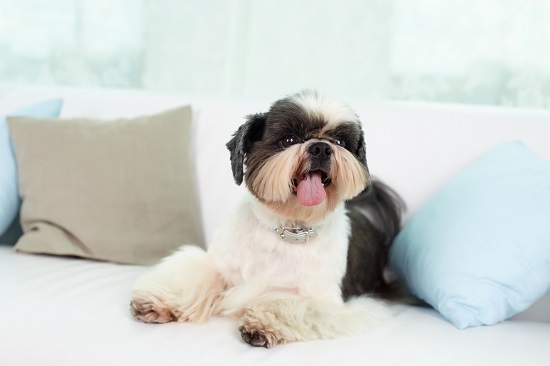
Ginger is a sweet Shih Tzu who weighs 4lbs fully grown. Her small size makes her at least 5lbs under the normal weight of 9-16lbs for her breed. Ginger wasn’t the runt of her litter; she was bred to be a teacup dog. It’s a popular trend that mates toy dog breeds to be unusually petite and maintain a puppy appearance their whole life.
If you’re wondering why there’s a story about this on Dog Wheelchair LIFE, it’s because teacup dogs are prone to health problems that can land them in a wheelchair. These micro-dogs are predisposed to a variety of birth defects, illnesses and injuries.
Facts about teacup dogs
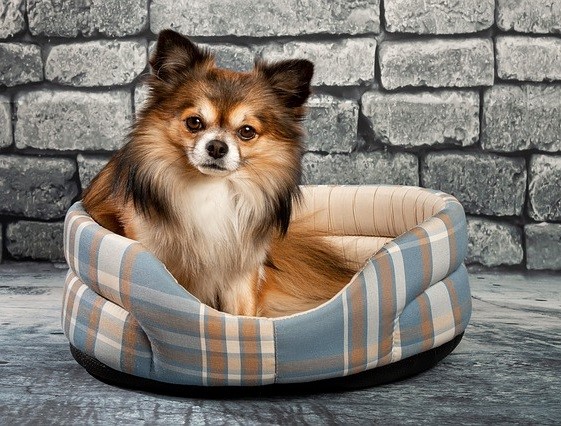
The world’s smallest teacup dog was a long-haired Chihuahua named Boo Boo. She was given the title in 2009 by the Guinness Book of World Records who recorded her height as 3.79 inches tall.
The experts at PetMD say teacup or micro-dogs are defined by their weight and height. They must weigh at least one pound less than the American Kennel Club (AKC) standard weight for the breed and they must stand less than 17 inches tall.
The average teacup dog weighs between four – five pounds.
Breeders produce teacup dogs by mating the smallest dogs (runts) from the litters of Toy breeds. The goal is to create a dog as small as possible and that will fit into an actual teacup.
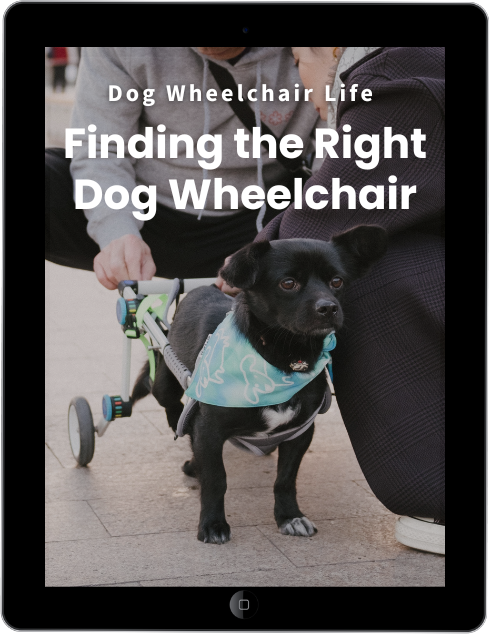
eBook
Find The Right Dog Wheelchair For Your Pet
Your dog has a mobility problem, and you want to buy a wheelchair. But do you know what kind of cart will work best for your dog’s individual needs? After a decade of teaching pet owners how to make the right choice, I put the information into an eBook!
The benefits of having a teacup dog
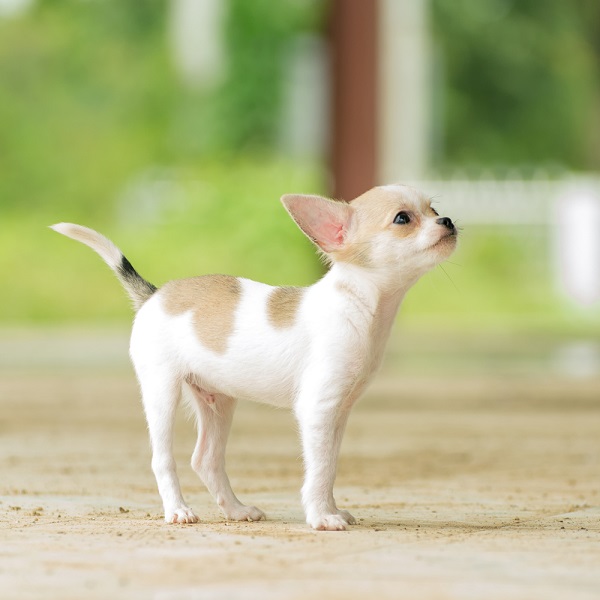
People fell in love with these adorable tiny pups around 2007 when celebrities began carrying them around everywhere in their purses. Their popularity has been growing ever since.
Pet owners are drawn to micro-dogs because:
- They retain their cute puppy appearance
- It costs less to feed them
- Dogs don’t require extensive walks or exercise
- They can accompany their owner all around town
- Dogs don’t need a big apartment or house to thrive
The six original teacup breeds
Although the AKC and the Royal Society for the Prevention of Cruelty to Animals (RSPCA) in England do not officially recognize micro-dogs, these six breeds made the trend popular:
- Pomeranian
- Chihuahua
- Poodle
- Maltese
- Shih Tzu
- Yorkie
Today, the list of popular teacup breeds has expanded to include slightly larger dogs, called Mini breeds.
Here are the pups most sought-after:
- Beagle
- Dachshund
- Boston terrier
- Schnauzer
- Pekingese
- Labrador retriever
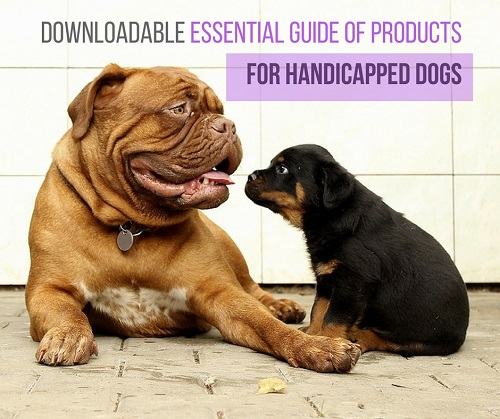
Get the Essential Guide
The Essential Guide of Products for Handicapped Dogs e-book is a labor of love for me. I wrote it to answer your most pressing questions about where to find the best products for your wheelchair dog. You’ll find products you didn’t know existed and each will improve your dog’s quality of life. Print a copy and keep it by your side.
Common health problems for Teacup puppies
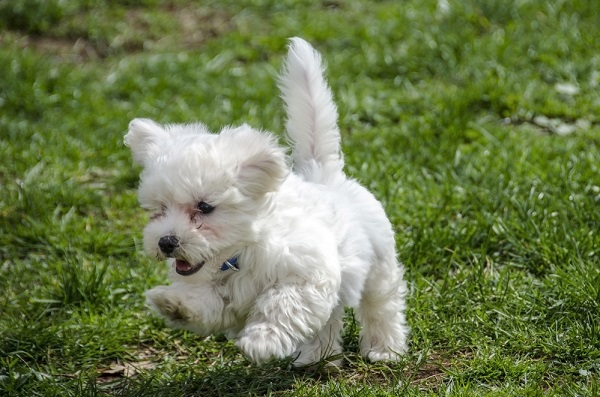
Teacup dogs pose as many disadvantages as they do benefits. Their tiny size makes them fragile. They’re at-risk for fractures, osteoporosis and dislocated joints. Each of these problems can put a micro-dog on crate rest for weeks at a time or leave them permanently paralyzed.
Other dogs, like Ginger, are prone to heart conditions.
When the little Shih Tzu was born it was determined that she had a hole in her heart that caused a heart murmur. Ginger had to stay with the breeder, even though her new family was ready for her, until she was strong enough to undergo treatment to fix the problem.
Ginger also has an extremely small bladder that made it hard for her to “potty train” and to stay dry throughout the night. Her family resorted to using pee pads to help her.
Click to read: 7 Of The Most Common Spine Diseases in Dogs
Other health and lifestyle concerns
Teacup dogs are prone with other health and lifestyle problems that pet owners need to consider.
- They’re easy prey for wildlife predators like hawks and coyotes. They shouldn’t be left alone outdoors.
- Dogs can be injured by playing too hard or rough-housing with children or other pets.
- Due to their size, it’s easy for people to trip over them.
- Many micro-dogs need 4-5 small meals a day. Their blood sugar level can drop dangerously low if they aren’t fed at regular intervals.
- Their small size makes it hard for them to regulate their body temperature. This needs to be monitored so they don’t get too cold or too hot.
- Teacup dogs are prone to seizures, hydrocephalus, respiratory problems, digestive problems, and blindness.
- Many are born with heart murmurs and up to 40 percent have chronic heart valve disease.
- Their small bladders can lead to recurring urinary tract infections and eventual incontinence.
- Their livers are often too small to properly flush out toxins.
- Many of the teacup breeds never lose their baby teeth so they must be extracted.
- Due to poor breeding some pups develop mineral deficiencies in their bones.
Another point of concern is that veterinarians have a tougher time treating these pups. Medical equipment and supplies don’t always come in sizes small enough to meet their needs.
Check the breeder
If you think a teacup dog is right for you, there’s one more thing you can do to make sure your puppy is healthy – check the breeder. It’s important to visit the facility where your puppy will be born. Ask to meet your puppy’s parents to see if they look healthy and well cared for. And get references of pet owners who have adopted a dog from the facility.



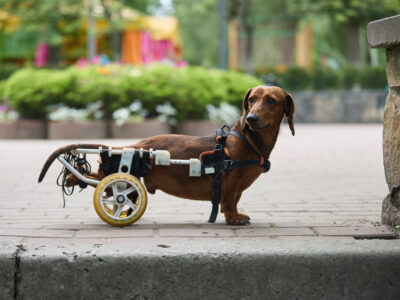
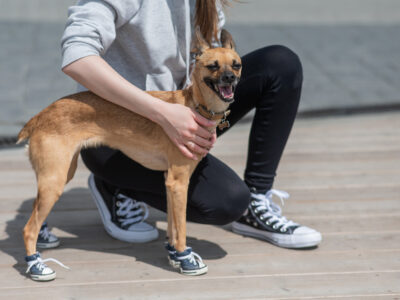
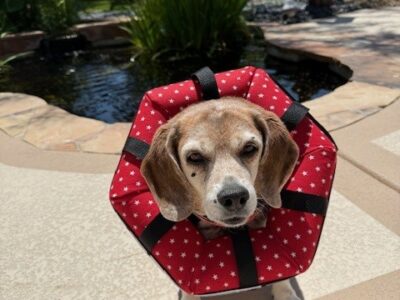
I have a teacup Yorkie and she’s very healthy. She weighs 3 1/2 pounds.
Rose, I’m happy to hear that your Yorkie is healthy and doing well.
Promoting such an irresponsible idea about a”TEACUP” anything is unprofessional and Stupid!!!
Don’t encourage ANYONE that there is even. Such a heathy choice or reality as a TEACUP ANY KIND OF DOG!! Shame on you!!! They are only underdeveloped organs on dogs that
Should NEVER have been bred in the first place!!!!!!!